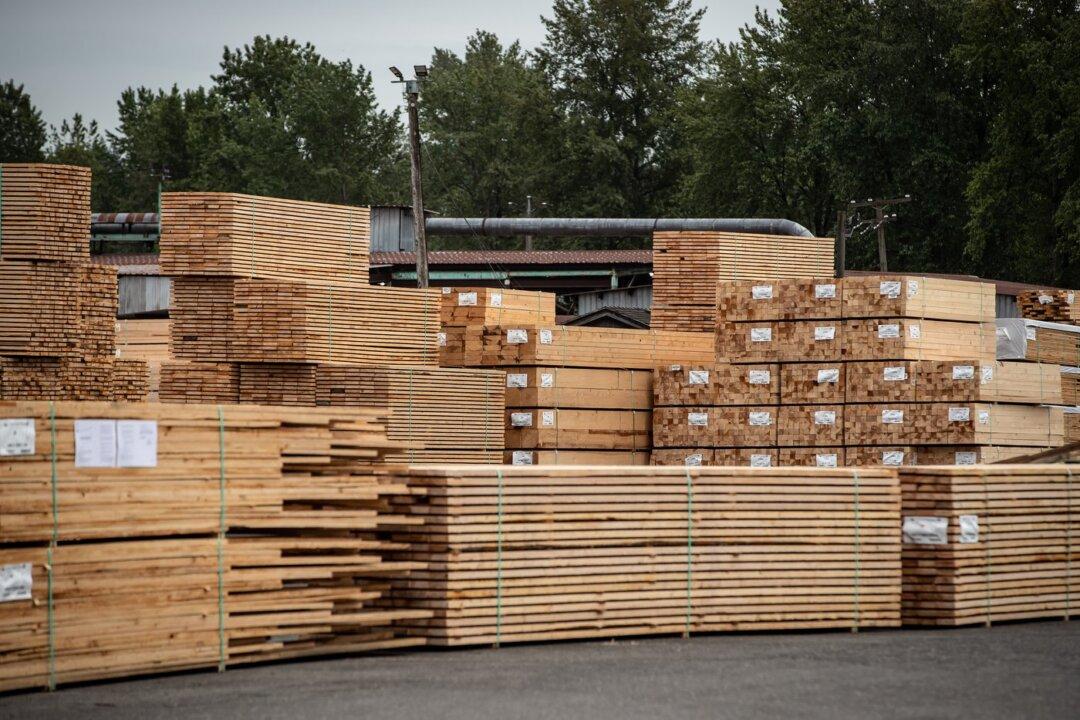Canada is criticizing the U.S. Department of Commerce for nearly doubling the duties it imposes on softwood lumber, saying the decision is both “unfair” and “unwarranted.”
International trade minister Mary Ng said the U.S. has increased the duties on Canadian softwood lumber from 8.05 percent to 14.54 percent—a nearly 6.5 percent increase.





